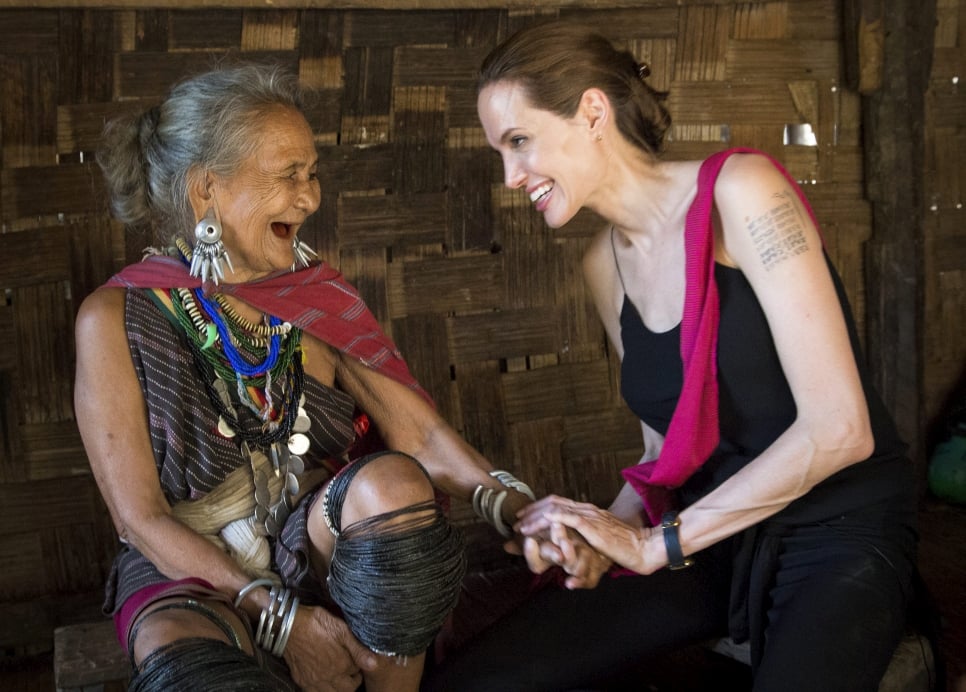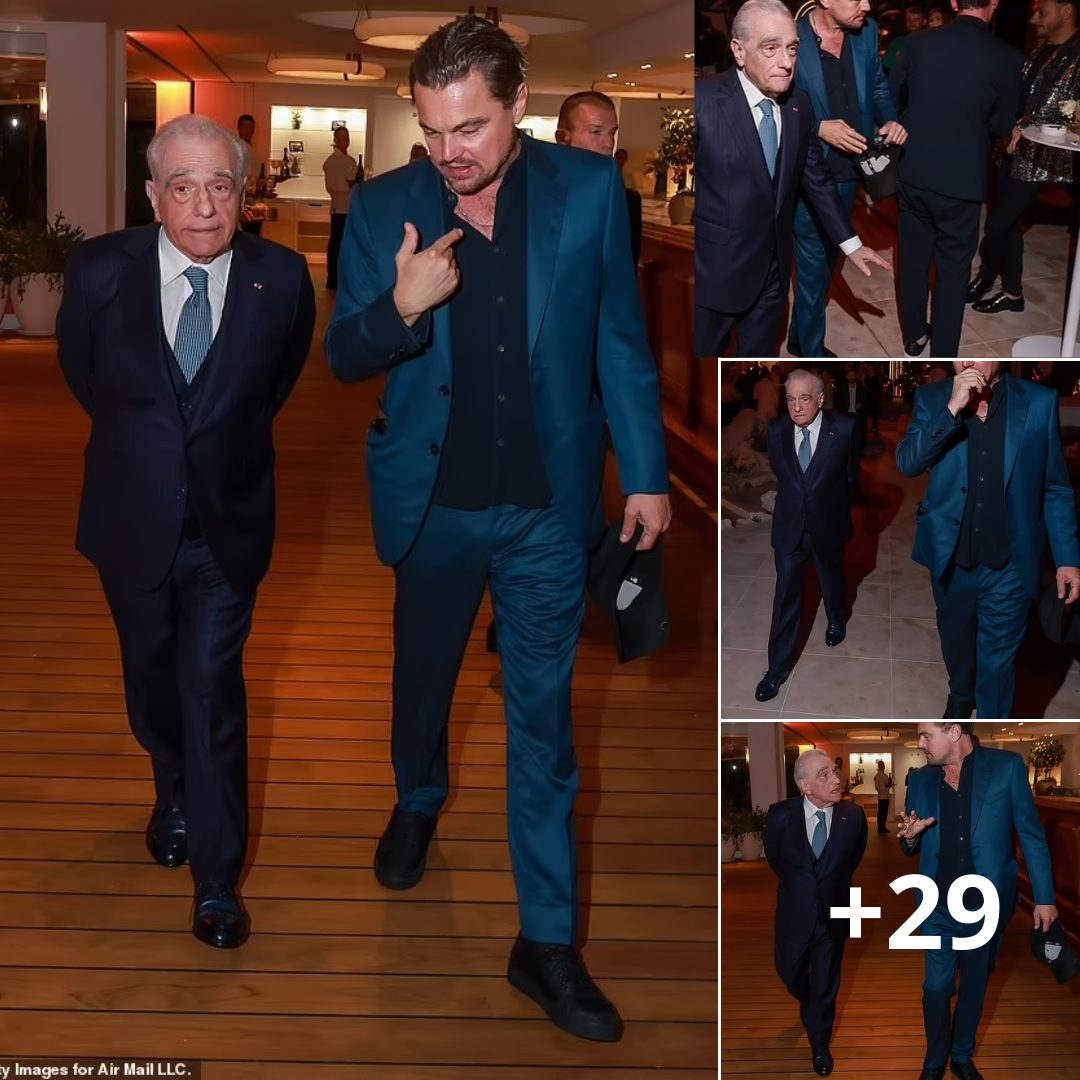Ms. Jolie, who had worked with the organization for 21 years, said she wanted to connect more directly with refugees and local groups.

The United Nations and Angelina Jolie announced in a joint statement on Friday morning that Ms. Jolie would end her role as a special envoy for the U.N. refugee agency after 21 years of humanitarian work as one of the most famous public faces representing the organization.
The statement said Ms. Jolie would engage with a “wider range of actors on a broader set of humanitarian issues as well as work more directly with local organizations.”
“After 20 years of working within the U.N. system, I feel it is time for me to work differently, engaging directly with refugees and local organizations and supporting their advocacy for solutions,” Ms. Jolie said in the statement.
In comments to the news media over the past year, Ms. Jolie has alluded to frustrations with the United Nations and the lack of meaningful action by world powers and global aid agencies.
“Because of the way the U.N. was set up, it is tipped toward the interests and voice of powerful nations at the expense of those people suffering the most from conflict and persecution whose rights and lives are not treated equally,” Ms. Jolie wrote in an essay for Time magazine in June on World Refugee Day.
She concluded that she did not have answers, but said she was searching for a new way. Her departure from the United Nations will allow her to be more effective as an outsider, according to a person close to Ms. Jolie, and to spend more time with people than the system.
Ms. Jolie, 47, has toured the globe’s conflict zones, including Syria, Yemen, Afghanistan and Myanmar, making 60 field visits since 2001, first as a good-will ambassador and then, starting in 2011, as a special envoy of the United Nations High Commissioner for Refugees.
“Angelina Jolie has been an important humanitarian partner of U.N.H.C.R. for very long,” Filippo Grandi, the high commissioner for the refugee agency, said in the statement.
Ms. Jolie’s star power as one of the most celebrated Hollywood actresses of her era brought cameras and wider attention to any conflict she visited.
A video from a 2014 visit with Syrian families arriving from war-torn towns to the Bekaa Valley in Lebanon showed Ms. Jolie sitting on the floor with children who had lost their mother in an airstrike and their father in the war. A little girl told Ms. Jolie that she wants to go to sleep so she can dream about her mother, because at night the memories come back to her.
“I didn’t get to meet your mom, so I want to know what she was like,” Ms. Jolie said to two little boys in the video.
Ms. Jolie visited the same children the next year, and one of the girls jumped into Ms. Jolie’s arms when she saw her approaching their tent. The children played with her hair and sat on the floor, in her arms, as they updated her about their lives.
Image
Credit…Andrew McConnell/UNHCR, via Getty Images
In May, Ms. Jolie visited Ukraine, volunteering with local nongovernment organizations in the western city of Lviv in a personal capacity and outside of an official role with the United Nations. The trip appeared to be the first sign that she was preparing to part ways with the global organization.
Losing its most famous public personality comes at a difficult time for the United Nations, which has been struggling as multiple crisises drain its resources. Its humanitarian agency said in August that because of the focus on Ukraine, it was having trouble mobilizing attention and securing money for continuing conflicts in the Middle East, Africa and Asia.
The United Nations estimates that a record 100 million people are displaced globally, nearly half of them children, because of war, climate change and natural disasters. One in every six children lives in a conflict zone, the organization reported this year.
Critics say the United Nations has veered off its core mission of preventing and resolving conflicts, instead assuming the role of a global humanitarian agency. Its supporters maintain that the United Nations plays a crucial role in helping alleviate many of today’s challenges, by providing food, shelter and health care, and by overseeing development and climate-related programs.
Source: https://www.nytimes.com








